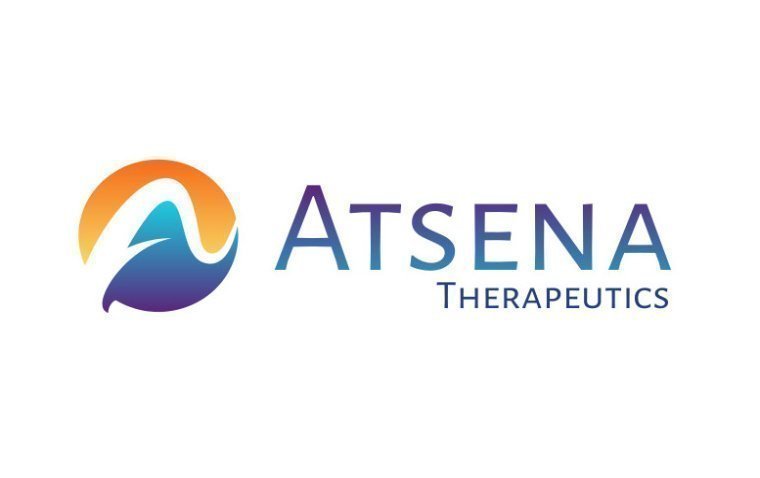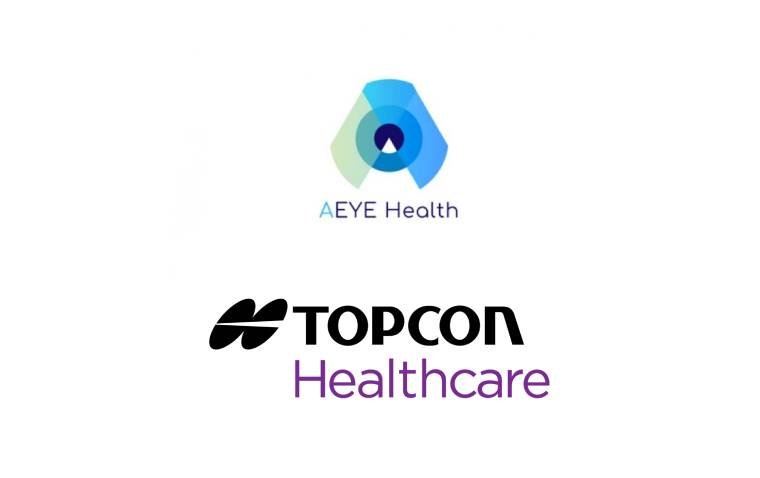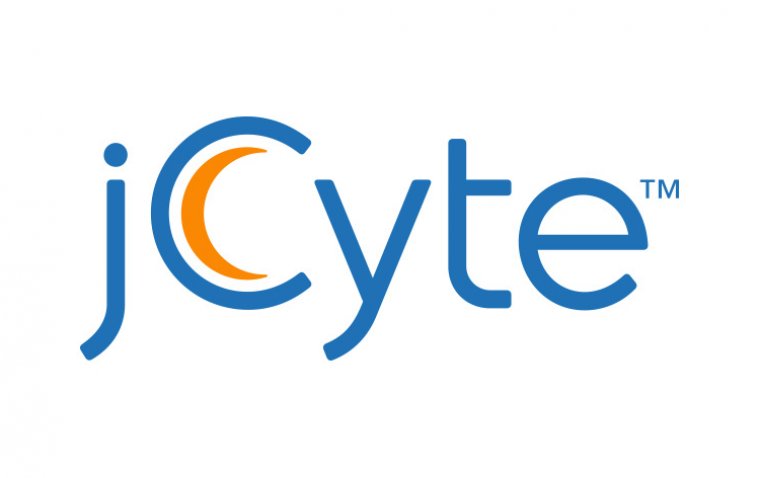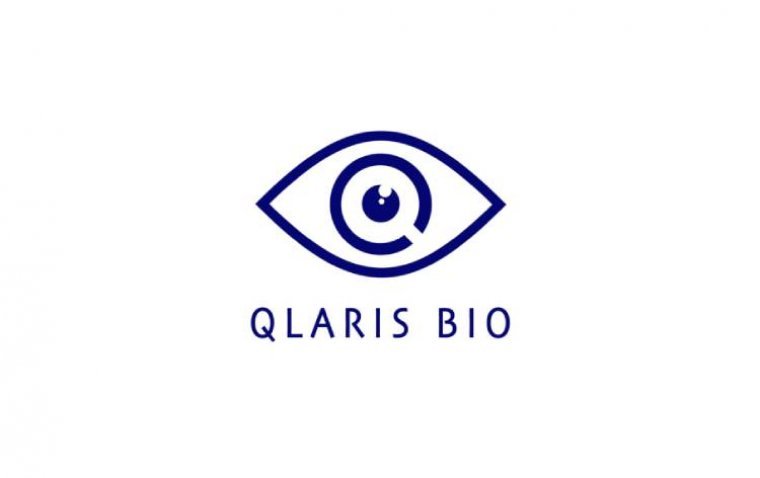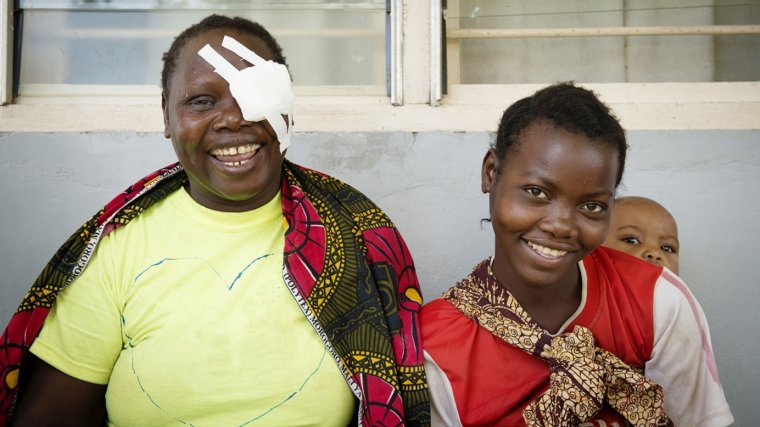
Sightsavers’ Eye Health Project Transforms Lives of Thousands in Tanzania
A health project in the Morogoro and Singida regions has revealed a glimmer of hope in averting a potential national eye health crisis in Tanzania. In 2022, an estimated 8.2 million people in the country were grappling with vision loss, and without concerted efforts, this number could escalate.
The 'Boresha Macho' project, spearheaded by the international development organization Sightsavers and supported by funding from the UK government through UK Aid Match, in collaboration with the Tanzania Ministry of Health, aimed to restore and safeguard vision by ensuring equitable access to eye care services. With a focus on addressing the barriers faced by people with disabilities and women in accessing healthcare, the initiative successfully enabled over 178,000 individuals to avail basic eye health services, leaving no one behind.
The project has brought about a life-changing transformation for individuals like Holo from the Singida region, who plays a vital role in farming and caring for her grandchildren. Her vision loss due to cataracts had made these tasks challenging, and she felt unsteady on her feet.
However, thanks to cataract surgery, Holo has been granted a "new beginning." She now feels elated, energetic, and is able to work and move around with ease. In fact, Holo's positive experience has inspired her brother to also seek treatment for his own vision impairment.
Edwin Maleko, Programme Manager at Sightsavers, said: “Access to eye health services is a fundamental human right and good eye health equals opportunity, allowing children to learn and adults to earn. Prioritising eye health plays an important part in creating a ripple effect across education, wellbeing, economics, and health outcomes. Which ultimately helps reduce poverty and allows individuals, communities, and the nation, to thrive.”
Access to eye care was improved through initiatives including:
Over 17,000 cataract surgeries and provision of more than 7,000 glasses.
● Community-based screenings
● Professional training for eye health workers
● Health facility accessibility audits and upgrades
● Disability and gender inclusion training for health professionals
● Awareness raising with organizations for women and people with disabilities.
Edwin continues: “We encourage the government and other stakeholders to continue scaling up eye health services and professional training. In addition, to integrate eye care into school systems to tackle child eye health, and work closely with organisations for women and people with disabilities to ensure services remain inclusive.”
The Boresha Macho project owes its success to the unwavering support of the UK public and the match funding from the UK government, as part of Sightsavers' 'End is in Sight' fundraising campaign. Active from October 2019 to December 2022, the project has laid down robust foundations that are now being built upon by governments and partners. Notably, health budgets and resources have been augmented, and Sightsavers is currently providing support for the review of professional training curriculums, further strengthening the impact of the initiative.
Reference
1. IAPB, Vision Atlas (2020) https://www.iapb.org/learn/vision-atlas/magnitude-and-projections/countries/tanzania
(1).jpg)
